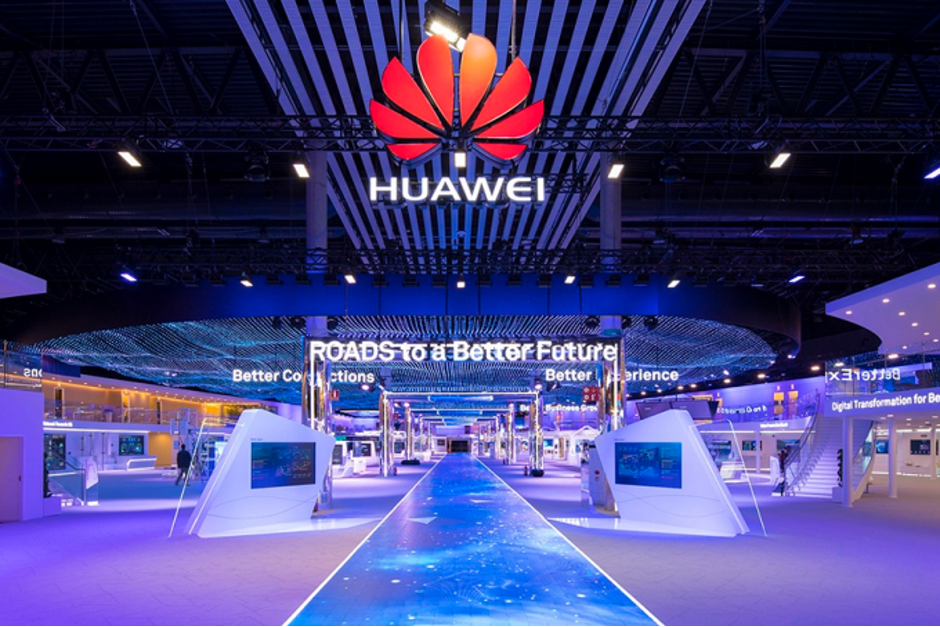According to the reports coming in, citing senior U.S. official, the United States may approve licenses for the companies to resume their business with the Chinese giant Huawei in the coming week or two.
The development comes after the U.S. President Donald Trump announced during the press conference of the G20 summit that the US companies can continue doing business with Huawei as long as the equipment does not threaten the national security.

Huawei, which is the world’s largest telecommunications equipment maker, was added to the “Entity List” by the U.S. Commerce Department in May this year, effectively prohibiting US-based companies from supplying it with new American-made goods and services unless they obtain a special license, which was will likely be denied.
The reversal of the decision to ban Huawei by Trump and the rapid implementation of the same by the Commerce Department suggests that the United States is bowing down to the lobbying of the chipset industry and the pressure from the Chinese politics.
As per the report, out of $70 billion that Huawei spent on buying components in the year 2018, around $11 billion went to U.S. firms including Qualcomm, Intel, and Micron Technology. Even though there’s a ban on Huawei, U.S. companies can currently sell goods in order to maintain existing networks and provide software updates to existing Huawei handsets.
However, they are prohibited from making new sales of American-made goods and services. A Huawei spokesman said “the Entity list restrictions should be removed altogether, rather than have temporary licenses applied for US vendors. Huawei has been found guilty of no relevant wrongdoing and represents no cybersecurity risk to any country so the restrictions are unmerited.”
Officials of the United States have clarified that the new policy will allow sales of non-sensitive technology readily available abroad if national security is protected. But they have also reiterated that Huawei remains on the entity list, and relief would be temporary. It still remains unclear which products will be granted licenses.
Apart from this, the United States has pending cases against the Chinese giant for allegedly stealing American intellectual property and violating Iran sanctions. The U.S. has also launched a lobbying effort to persuade its allies to keep Huawei out of next-generation 5G telecommunications infrastructure.







